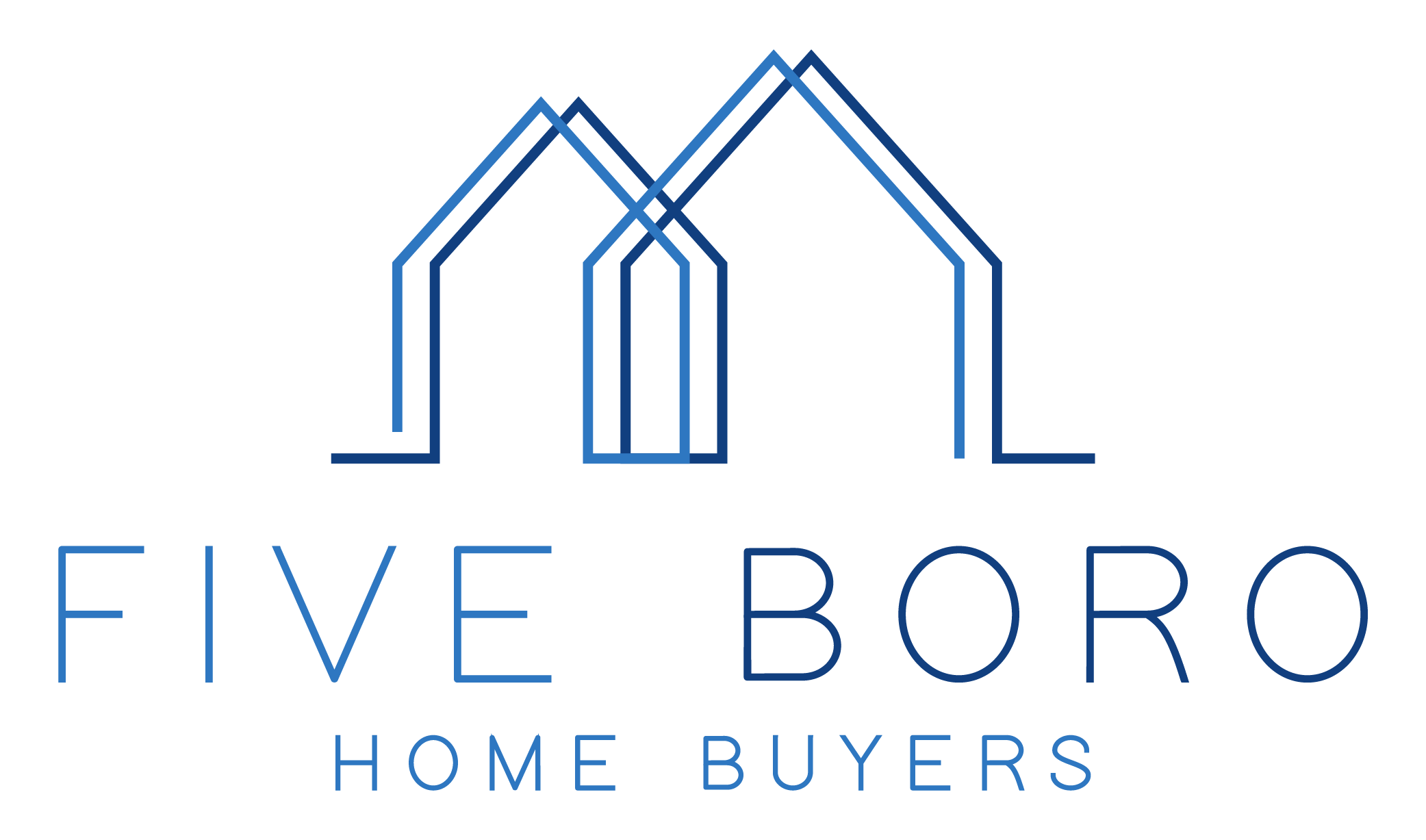 When selling your home, most potential buyers will make an offer contingent on the mortgage financing they receive from a bank. However, some buyers may put a cash offer on your home if they have the funds to buy the property outright.
When selling your home, most potential buyers will make an offer contingent on the mortgage financing they receive from a bank. However, some buyers may put a cash offer on your home if they have the funds to buy the property outright.
The share of buyers who offer cash for homes is substantial. And 32 percent of all residential sales in 2014 were cash.
While you still receive the money for your property, there are a few significant differences between selling for cash instead of a mortgage. Understanding the process behind a cash process can help you avoid any headaches or surprises during the sale.
What Are the Benefits of Accepting a Cash Offer For Your Home?
There are a few different reasons why someone would choose to pay cash for a house. The first and most obvious is that the buying process is much quicker. Since the buyer doesn’t need to secure financing and funding from a bank, the sale can close in a few days or weeks.
This doesn’t mean that you’re exchanging property for a briefcase though. You’ll want to make sure that you’re protected at all points of the sale, which is why you should be like 91 percent of all Americans and use a real estate agent. A real estate agent will make sure that you’re not getting low-balled and that the sale meets all legal requirements.
Also, most cash sales come from investors. This means that no one is going to be living in your home immediately, as the property is either fixed up or torn down and replaced. This means that a cash offer may save you time and effort, as you won’t have to make repairs or upgrades to the property before the sale closes.
Cash sales also mean that you can sometimes avoid the contingency clauses that come with mortgages and financing. These clauses allow the buyer to back out of an offer if their other house does not sell, if the inspection passes, and other “ifs.”
What Does the Cash For Homes Process Look Like?
When a buyer makes a cash offer on your home, they will contact your real estate agent. If you accept the offer, you will sign a contract stating your intention to sell your home to them.
They will then provide you and your agent with a letter or bank account statement that acts as proof of funds.
Title Search and Escrow
Then, you will have to choose a title search and escrow company. The title search will turn up any liens or other financial obligations that exist on your property that you need to pay before selling.
The escrow company will hold onto funds as the title search and other paperwork clears. They will also often issue the paperwork necessary to close the sale, though sometimes your real estate agent may do so.
To streamline the process, it’s a good idea to find a company that is able to do both the title search and fulfill the escrow requirements. This can save you time and close the sale faster, as there is no coordination necessary.
Inspections
A title search will usually take a few days. During this time, you should also have an inspector come in to examine your property to determine what, if any, repairs you need to complete before selling. However, if the buyer has expressed that they don’t need an inspection done, you can skip this step and save some money.
In some cases, you may not have to make the repairs but can instead choose to reduce the sale price of your home. This way, you are still effectively paying for the repairs but can close the sale faster if time is of the issue.
Closing the Sale
Once the title search has finished and you have made all necessary repairs, the sale can close. However, if your property does have liens on it, you will have to fulfill those financial obligations before completing the sale.
Depending on your financial situation, the closing process can involve a lot of paperwork but usually does not take very long.
You will have to complete a HUD-1 statement, which provides all of the financial information of the sale. You’ll need the information provided here for your taxes next year.
You will also need to sign the title and the title transfer documentation. If you still have a balance owing on the property, there will be a separate document that gives the escrow company permission to pay the owing balance with the proceeds of the sale.
A bill of sale will also include any agreements that you made with the buyer (like leaving appliances, skipping the inspection, or knocking the price down to avoid making the repairs yourself).
Once you sign all the documentation, the sale will close and the escrow company will pay off your mortgage and transfer you what remains – minus any costs or fees that they charge you.
With that, you’re done! You’ll have no further obligations to your old home and can use the proceeds to make a down payment on a new property.
Sell My Home for Cash
Selling your home for cash can benefit you substantially if time is of the essence for you. It’s also a good way to avoid the hoops and red tape that comes with accepting an offer from a buyer who is relying on financing for their funds.
If the benefits of accepting cash for homes fit your needs, and you are thinking about moving at any point soon, get in touch with us. We can help match you to cash buyers very quickly, reducing the amount of time that your home is on the market.
